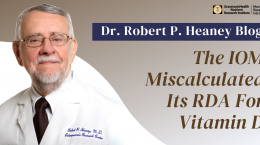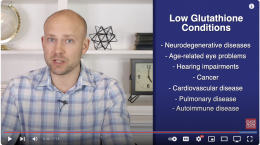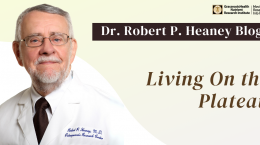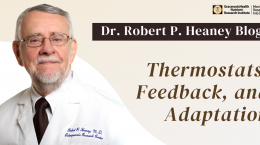
The IOM Miscalculated Its RDA For Vitamin D
The true RDA for vitamin D is about 10 times higher than the IOM has said – not a small error. Read on to understand how this might have happened and why this is...

The true RDA for vitamin D is about 10 times higher than the IOM has said – not a small error. Read on to understand how this might have happened and why this is...

Studies find benefit of vitamin D, omega-3s, and several other key nutrients in sleep regulation and quality of sleep Key Points Lack of sleep can be attributed to many factors, however, for individuals struggling...

A new 2024 study finds up to 25% increased risk of dementia among adults with vitamin D deficiency; omega-3s are also important Key Points A new study looked at data from 269,229 adults (ages...

Vitamin D supplementation resulted in a 64% reduced risk of suicide and self-harm among those presenting with vitamin D deficiency at baseline, and a 45-48% decreased risk overall Key Points Research has found that...

How vitamin D, magnesium, and sunshine exposure can affect colorectal cancer incidence and outcomes. Learn and share this information as part of Colorectal Cancer Awareness Month! Key Points Vitamin D has many cancer-fighting functions...

A new study among adults with Type 1 Diabetes shows those taking more vitamin D had better glycemic control Key Points Measuring the percentage of HbA1c in the blood provides information about the average...

Studies find added benefit from the combined supplementation of vitamin D and L-cysteine for vitamin D status and activity versus vitamin D supplementation alone Key Points Research over the last several years has illustrated...

For all nutrients for which we can define a plateau, the determination of the nutrient requirement follows directly from these behaviors; an intake sufficient to get 97.5% of a healthy population up onto the...

Vitamin D deficiency upon ICU admission shown to increase 28-day mortality risk by over 4-fold, worse post-surgical outcomes also associated with low vitamin D status Key Points A study of 236 intensive care unit...

From a physiological set-point perspective, ‘normal’ vitamin D status would be a 25(OH)D concentration that requires little or no compensatory PTH response under basal conditions, where minimal adaptation is necessary, which occurs around 50...